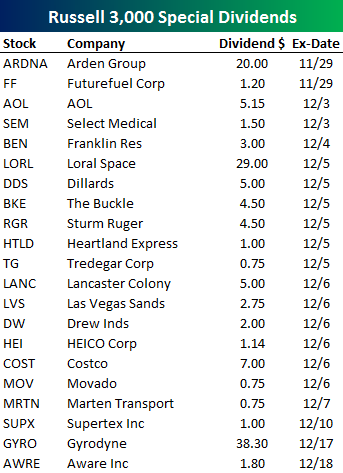 Americans are very worried they won’t have enough for retirement, but the majority are too scared to do much about it, according to a study of individual investors commissioned by Natixis Global Asset Management.
Americans are very worried they won’t have enough for retirement, but the majority are too scared to do much about it, according to a study of individual investors commissioned by Natixis Global Asset Management.
The survey, which, included responses from more than 700 U.S. investors, found that 77% are concerned about outliving their assets in retirement. Yet 58% say they are prepared to take on only minimal investment risk — even if that means sacrificing returns.
According to the study:
- 71% of investors say volatility has eroded their confidence in the markets
- 8 in 10 are worried about higher taxes on investment and election uncertainty
- Just 28% are “highly confident” in their portfolios’ ability to manage volatility.
- More than half — 57% — say they will not reduce their cash holdings in their portfolios.
In other words, they fear what they are doing isn’t working. But they also fear that any changes they may make could result in market losses.
What the research revealed, according to Natixis, is that investors are indeed looking for new ways of investing, but ones that will help them sleep better at night by reducing volatility and doing a better job of managing risk. A full 69% surveyed believe it’s time to replace traditional investing techniques with new approaches.
Some of those choices may include alternative investments. These are strategies that differ from typical stock funds and tend to not be as highly correlated with the moves of the overall stock market.
Those may include strategies that do one or more of the following:
- Investments in low-volatility stocks that attempt to provide more downside risk in market swoons.
- More exposure to commodities, possibly including master limited partnerships, gold and gold-related investments.
- Strategies that attempt to gain from short and mid-term price swings.
- Investments that attempt to identify patterns of earnings surprise within company fundamentals.
- Long/short strategies that attempt to exploit specific market inefficiencies.
Alternatives are no panacea, of course. And it’s rarely a good idea to put all of your stock investments in alternatives. As writer Dana Anspach suggests, it’s a good idea to do it in small increments and take the time to learn about them first.
If you’d like to learn more about alternatives in general, or specifically about the ones we offer at Covestor, we would welcome a phone call from you.



